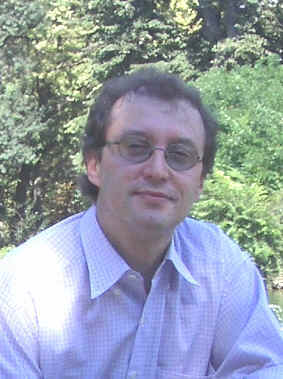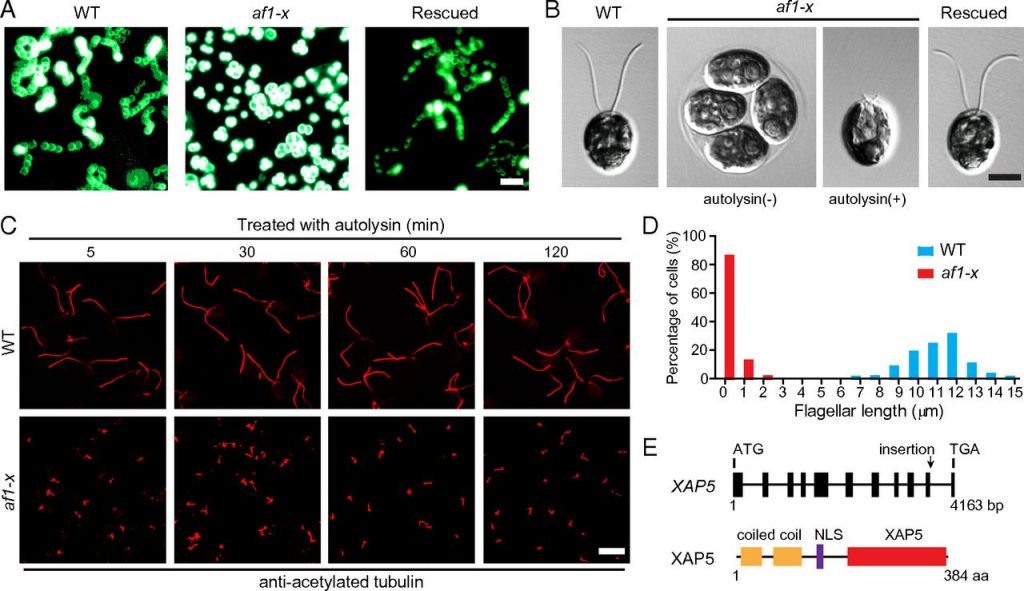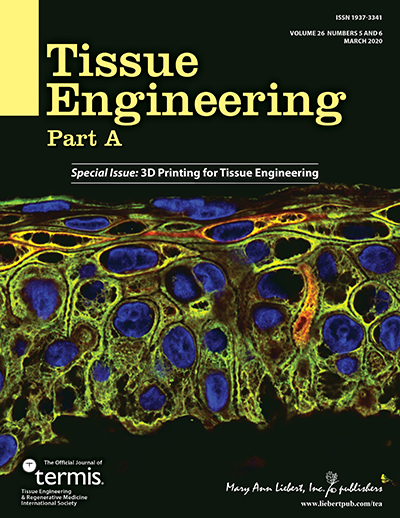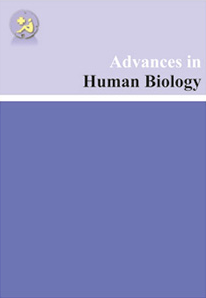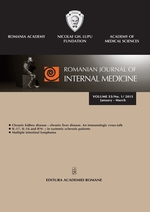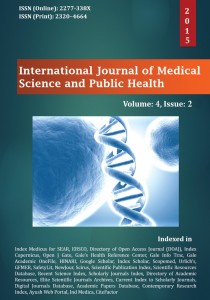A veterinary researcher with three retracted papers and one marked with an expression of concern has another retraction on the way, Retraction Watch has learned.
The first retraction for Tereza Cristina Cardoso da Silva, of the University of São Paulo State in Brazil, came in 2019. As we reported at the time, the retracted paper, about herpesvirus infections in cattle, had reused an image from an earlier paper describing experiments with chicken cells. (We would apologize for the headline of that post, but we just couldn’t resist.)
Since then, Cardoso has lost two more papers for similarly reusing images of different species of animals, and had another article flagged with an expression of concern that mentions an institutional investigation into her work which culminated in a “Disciplinary Administrative Procedure.” A fourth retraction is in the works, per an email we were copied on from a journal editor to the whistleblower who identified another image reused between species.
Continue reading Veterinary researcher banned from journal after fourth forthcoming retraction
